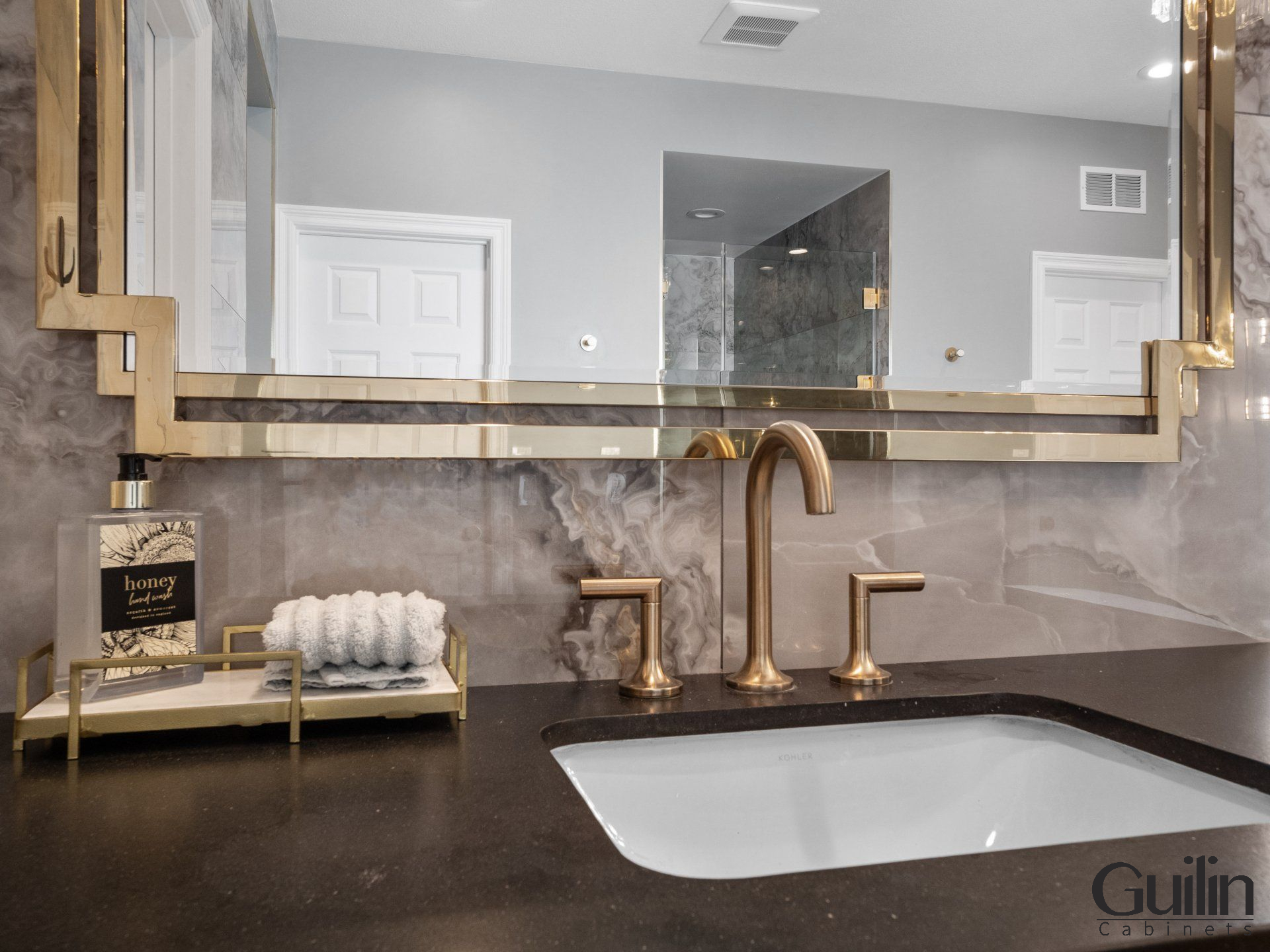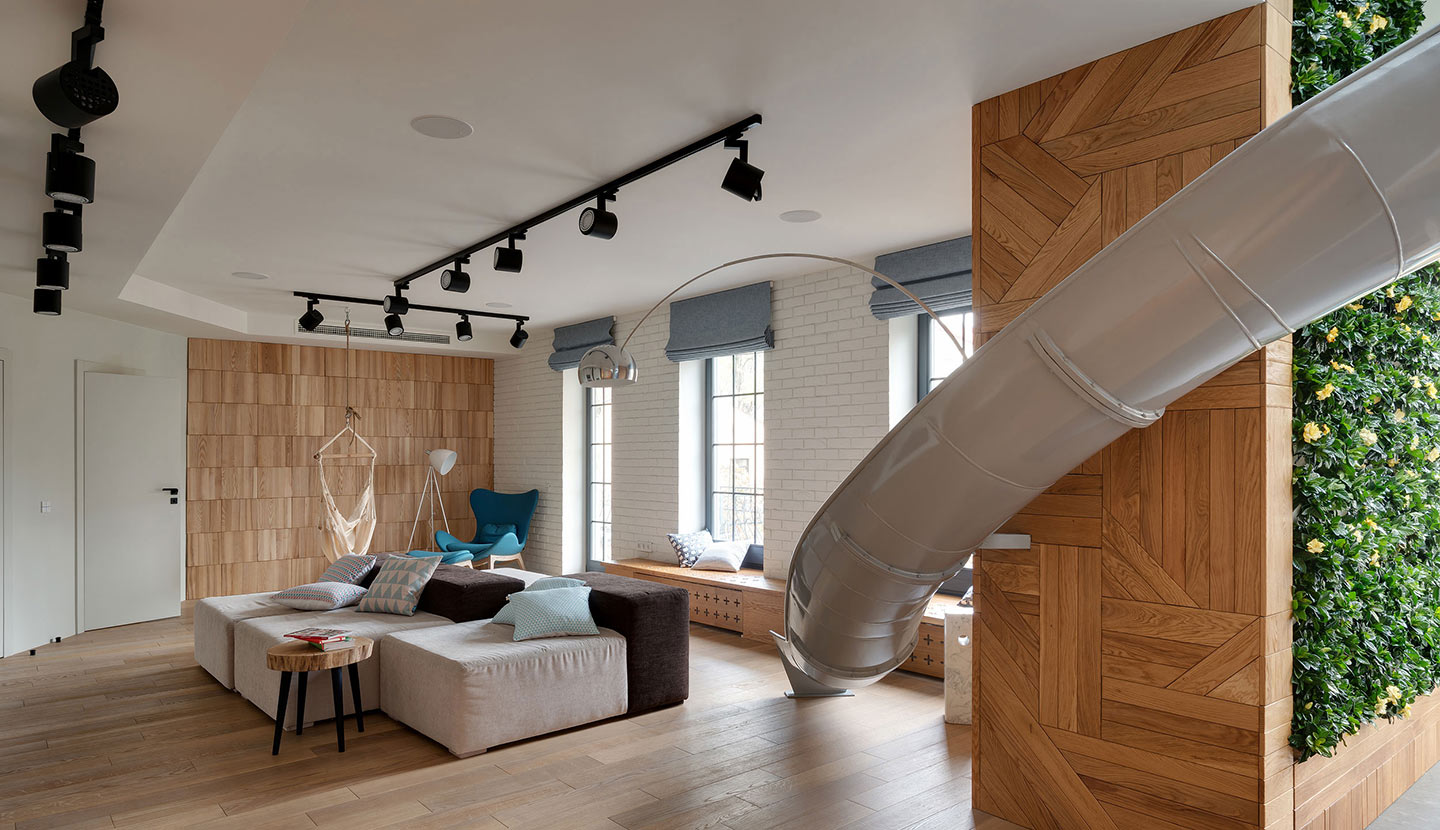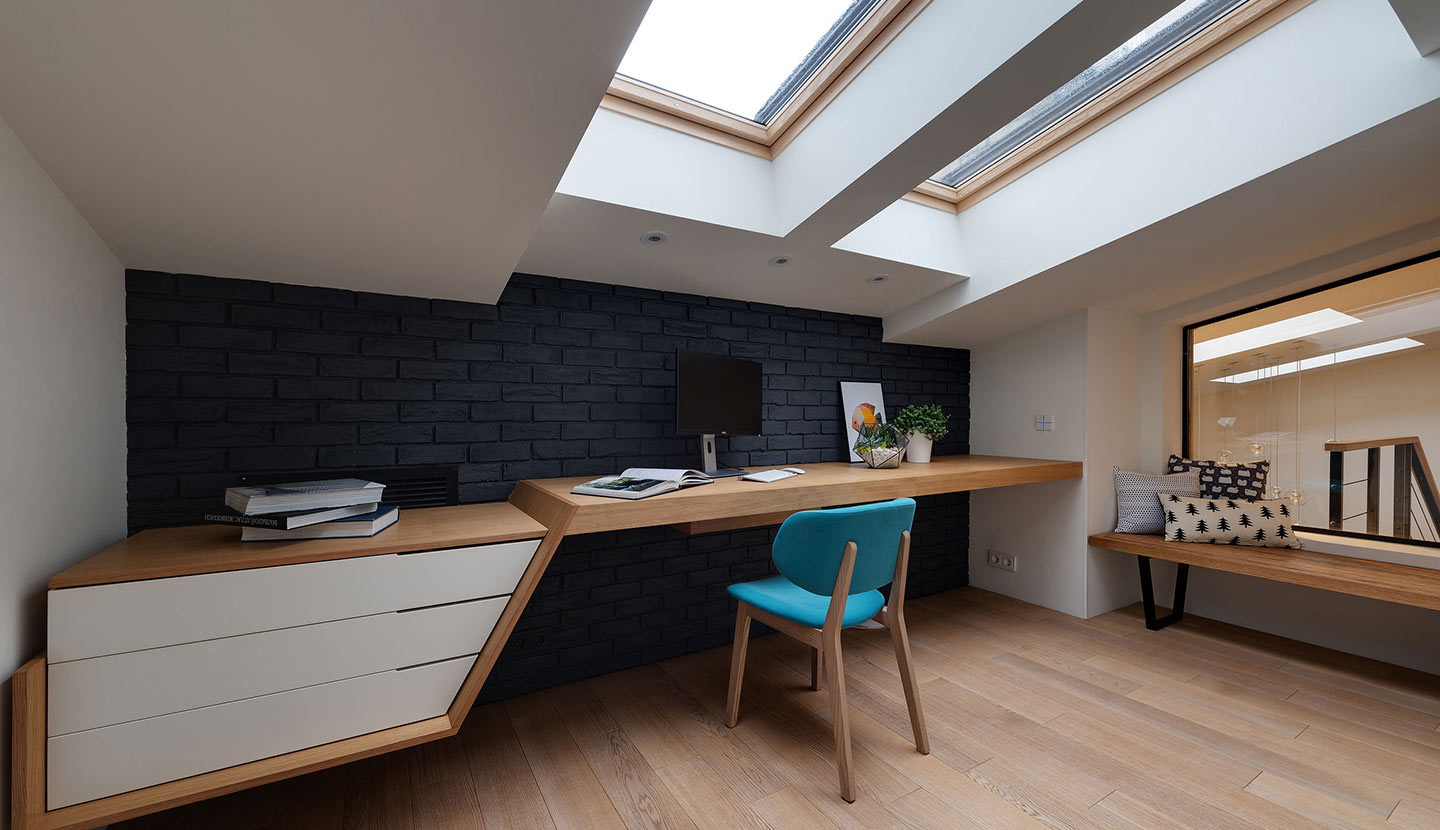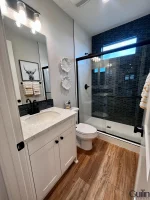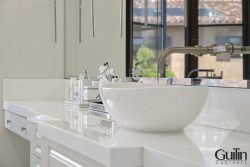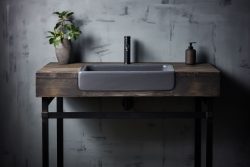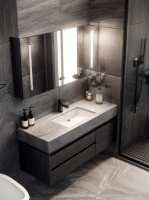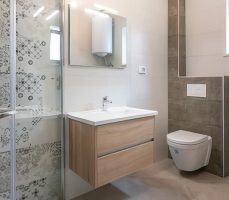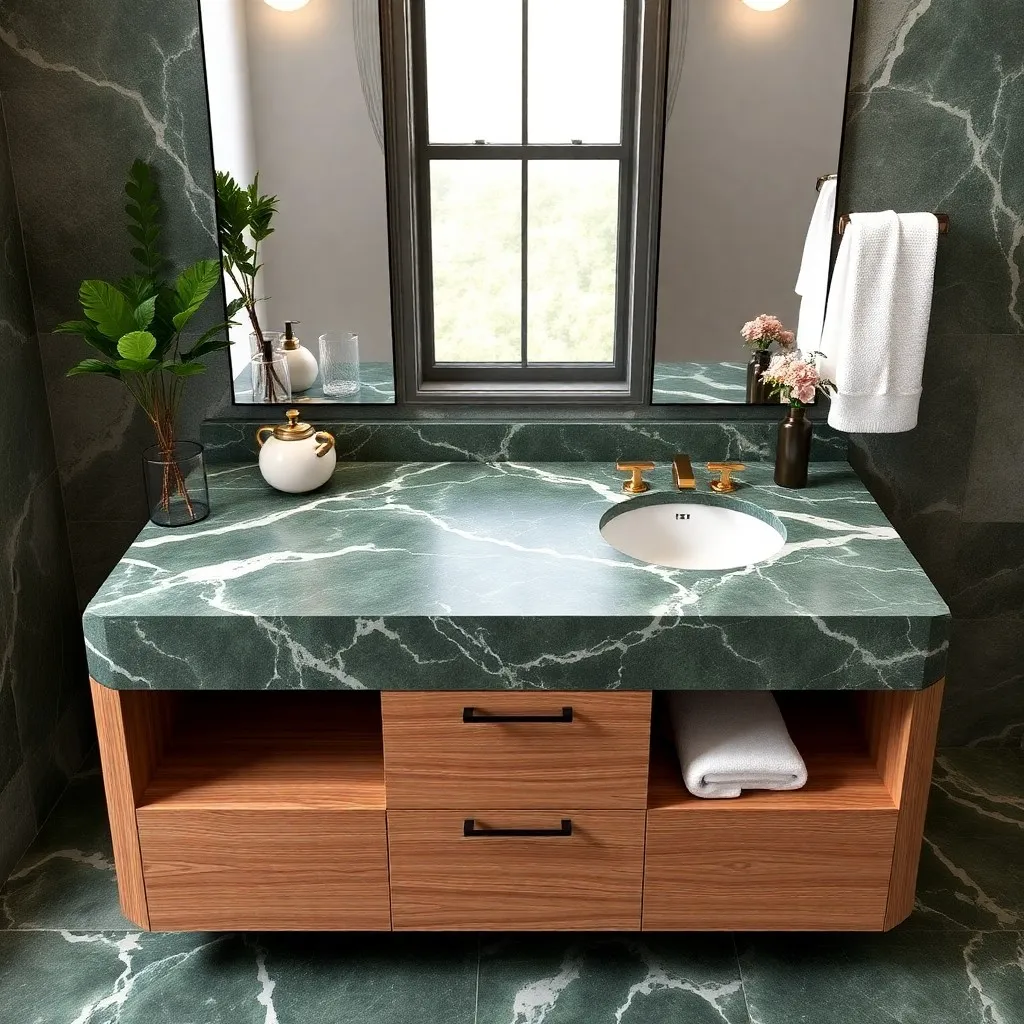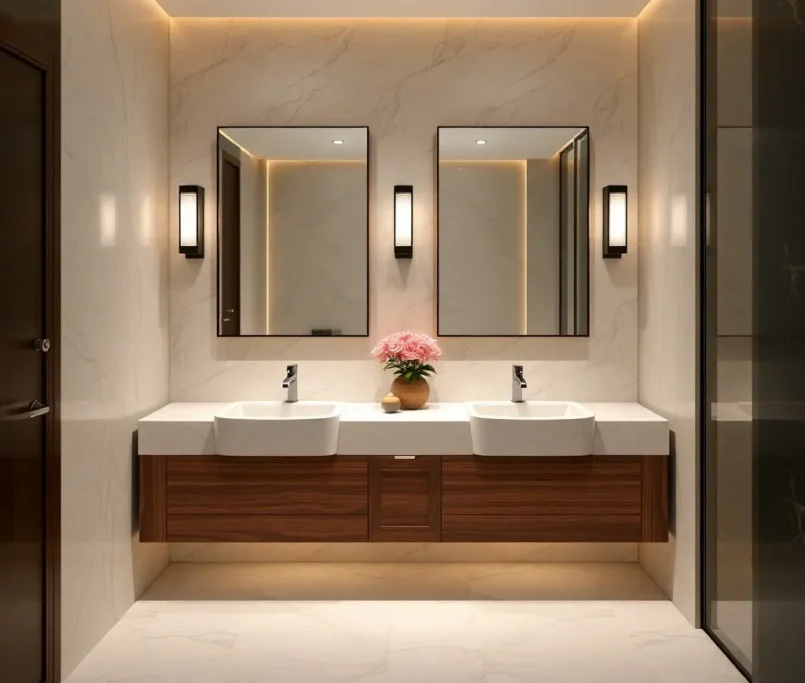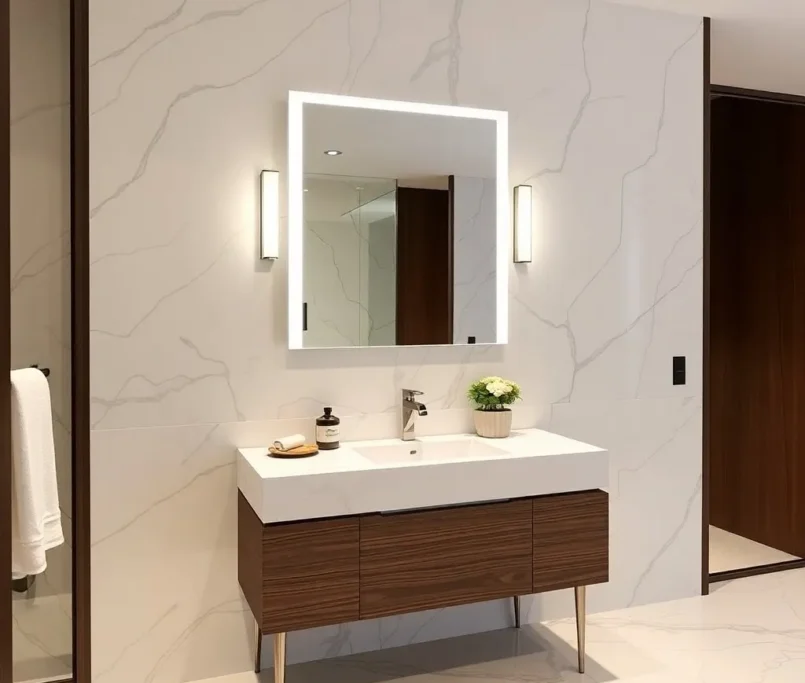Before deciding to install a walk-in tub in your house, it’s wise to consider the pros and cons. People with mobility issues or who are old tend to favor these specially constructed tubs because of their emphasis on safety. It is important to know the benefits and drawbacks of walk-in tubs before purchasing one.
=> Related Article:
- The Benefits of Walk-in Shower For Bathing Experience
- Pros and Cons of Walk-In Tubs: All Things You Need to Know
- Bathroom Walk-in Tub vs Walk-in Shower
About Walk-In Tubs
A Walk-In Tub is a specialized bathtub designed with a door for easy access, particularly for seniors or individuals with mobility challenges. These tubs typically have built-in seating, handrails, and non-slip floors to ensure safety and comfort during use. The doors are watertight, allowing users to walk in without having to step over a high ledge, reducing the risk of falls and making bathing more accessible.
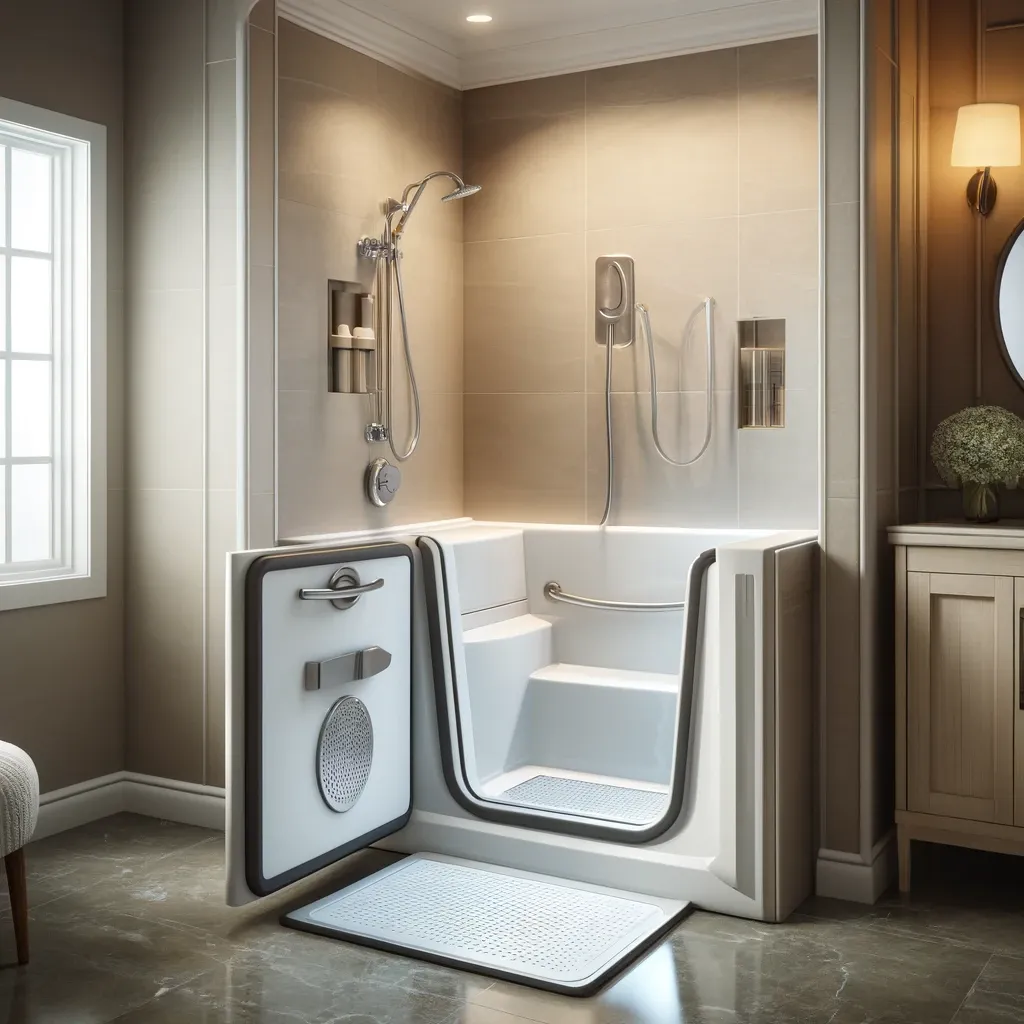
The Walk-In Tub industry has seen significant growth and innovation in recent years, with more options available to cater to different preferences and needs. Consumers can now choose from a wide range of sizes, styles, and additional features when selecting a walk-in tub for their homes. As awareness of the benefits of walk-in tubs continues to increase, more people are considering these products as a valuable investment in their safety and well-being.
Types of Walk-in Tubs by Styles
Understanding the range of walk-in tub types available is imperative for selecting the right model that fits your personal needs and bathroom space. These tubs vary based on size, material, and functionality, including options such as soaker tubs, wheelchair-accessible tubs, and tubs equipped with hydrotherapy jets. Each type caters to different priorities, whether you seek relaxation, ease of transfer, or targeted pain relief.
Consequently, the market offers a diverse selection to help you find a walk-in tub that matches your living situation. Here’s a breakdown of popular types and their main characteristics:
| Type | Features |
|---|---|
| Soaker Tubs | Deep soaking depth for full-body immersion; simple design |
| Wheelchair-Accessible Tubs | Extra wide doors and transfer benches for easy wheelchair access |
| Hydrotherapy Tubs | Built-in water and air jets to provide a therapeutic massage effect |
| Combination Shower and Tub | Integrates shower functionality with tub accessibility |
| Customizable Models | Options tailored to your bathroom dimensions and specific safety needs |
Types of Walk-In Tubs by Use
The Types of Walk-In Tubs available in the market can be categorized based on features such as size, material, and functionality. Some popular types include soaker tubs, wheelchair-accessible tubs, and tubs with hydrotherapy options. Each type offers unique benefits and cater to specific needs, ensuring that there is a suitable option for every user. Perceiving the differences between these types can help individuals make an informed decision when choosing a walk-in tub.
| Soaker Tubs | Wheelchair-Accessible Tubs |
| Deep soaking experience | Designed for easy transfer from wheelchair |
| Minimal features for simplicity | Spacious design to accommodate wheelchair |
| Good for relaxation | Includes safety features for stability |
| Available in various sizes | May have additional amenities like hydrotherapy |
| Ideal for users with limited mobility | Enhanced accessibility for wheelchair users |
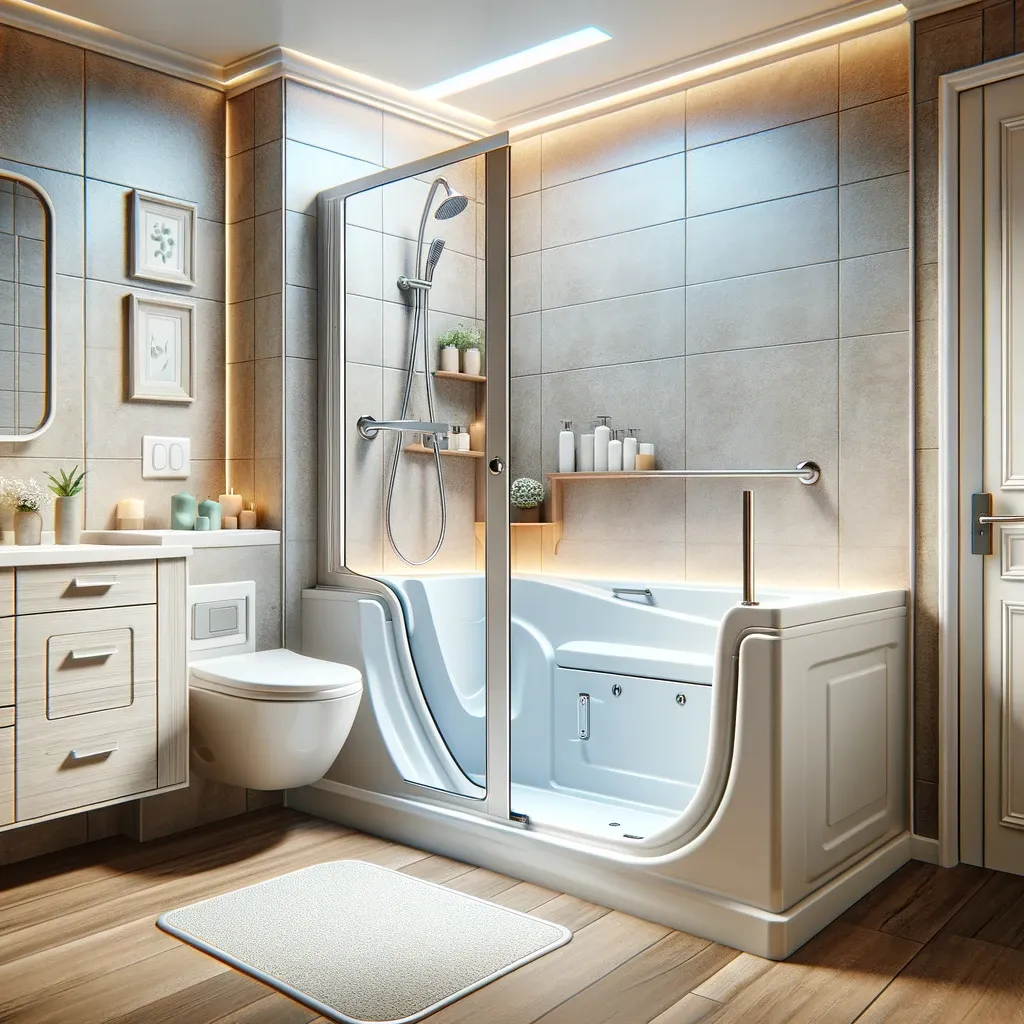
Benefits of Walk-In Tubs
Safety Features
For the safety of users, walk-in tubs have multiple safety features that make bathing easier for people who have trouble moving around. Most notably, it has a low step-in threshold, making it easy to get in and out of the tub and lessening the likelihood of falls. The non-slip flooring and integrated grab bars found in the majority of walk-in tubs further enhance the stability and support offered by these models.
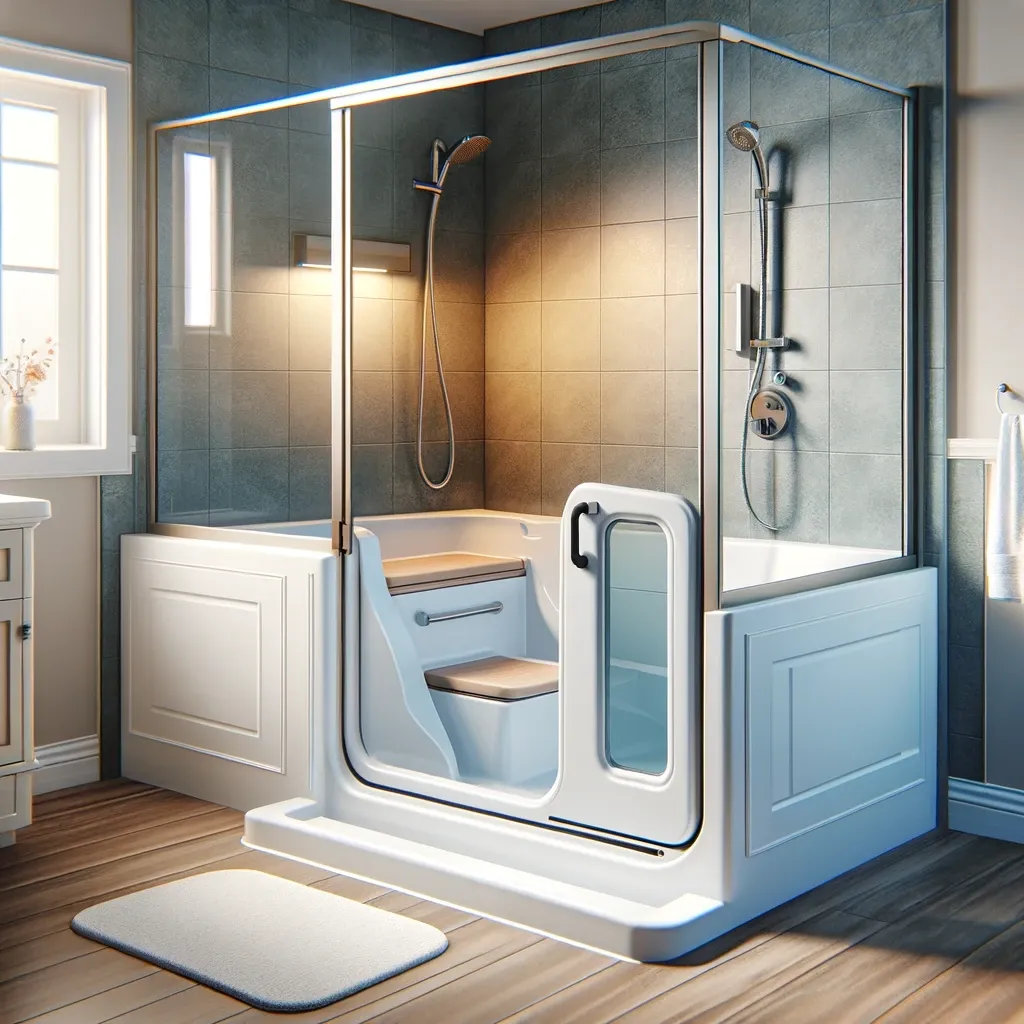
The door of a walk-in tub must seal properly to avoid water leaking, which is another critical safety element. In addition to keeping the floor of the restroom from getting too wet, this also makes it less likely that someone may slip and fall. In the event of an emergency, some models even have a fast drain option that lets you empty the tub quickly. As a whole, walk-in tubs make bathing safer for those with mobility issues, which in turn promotes independence and calm for users and their families.
Accessibility
Features that make bathing easier for those with mobility issues are included into walk-in tubs to increase accessibility. To make it more accessible, several versions have curved seats, portable shower wands, and controls that are simple to reach. For those who need extra help getting in and out of the tub, there are walk-in tubs that are wheelchair-accessible.
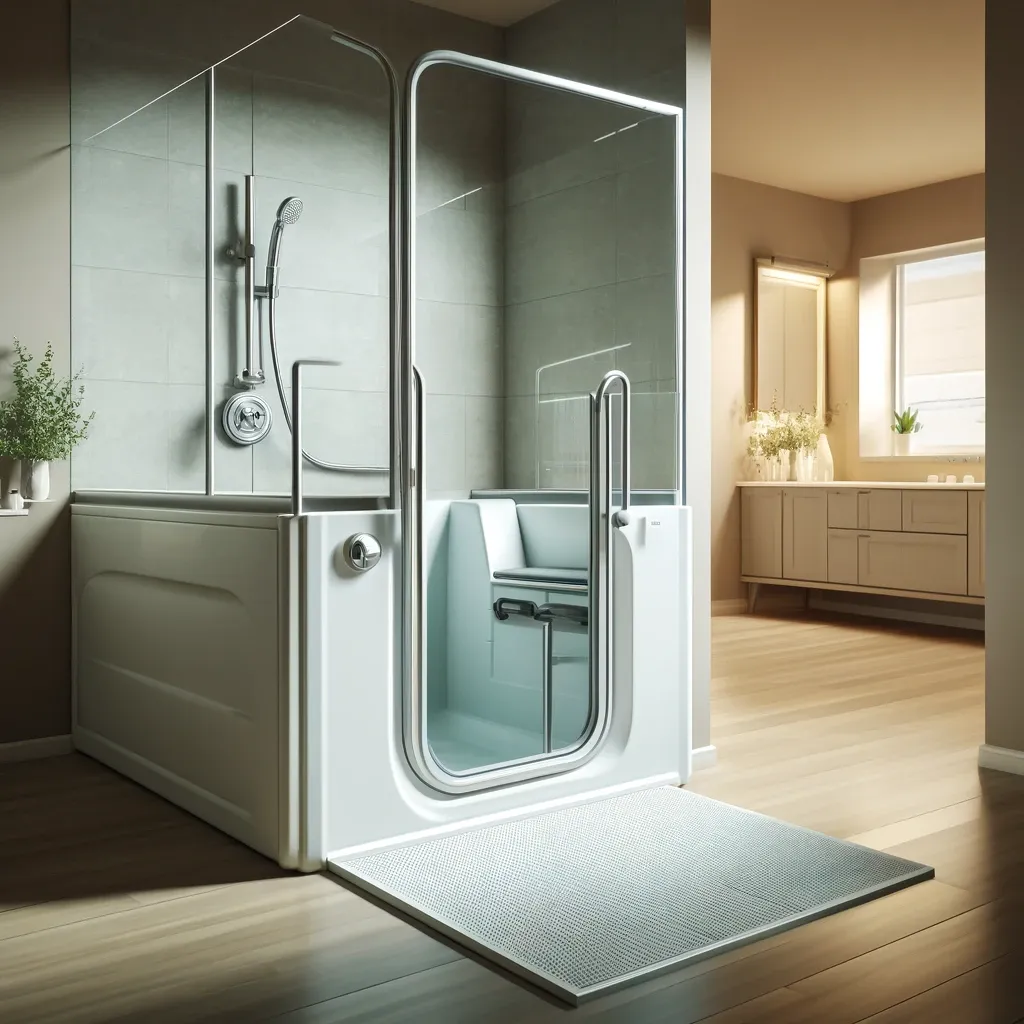
Everyone may have a relaxing and accessible bathing experience with a walk-in tub because of the variety of sizes and configurations available. Because of how simple they are to set up and keep clean, these tubs are a great option for people who want to make their bathrooms more accessible. By enabling them to bathe securely and comfortably without assistance, the accessible features of walk-in tubs provide a feeling of empowerment and independence to individuals with mobility constraints.
Therapeutic Advantages
With their many therapeutic benefits, walk-in tubs are a popular choice for people looking to alleviate a range of health concerns. Relaxation, pain relief, and enhanced blood flow are all possible benefits of soaking in a walk-in tub’s warm water and hydrotherapy jets.
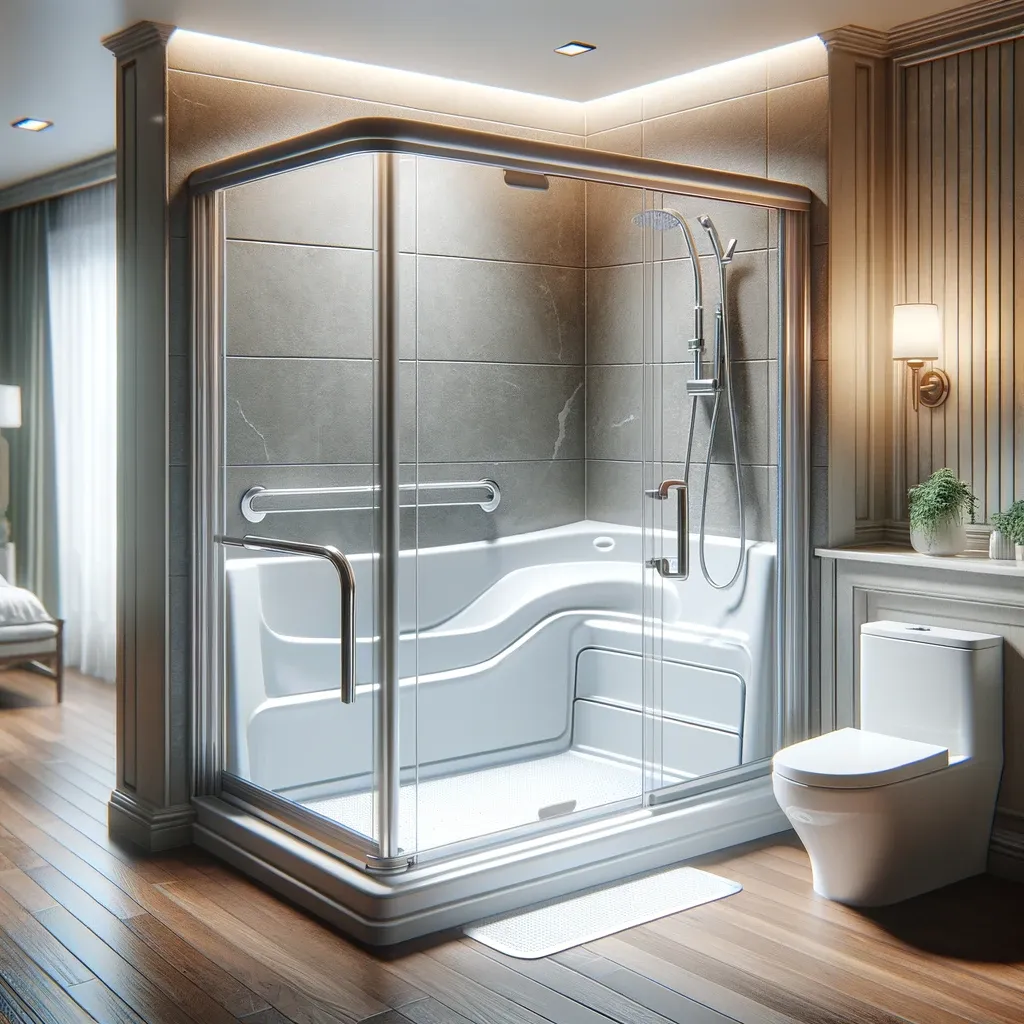
For further relaxation and stress reduction, many walk-in tubs come with water and air jets that massage the user. As a non-pharmaceutical alternative to medication, these therapeutic benefits can be especially helpful for people dealing with chronic pain disorders like arthritis and fibromyalgia. In addition, with a walk-in tub’s considerable soaking depth, customers can have a spa-like experience without ever leaving the house. In addition to improving consumers’ physical health, the therapeutic benefits of walk-in tubs raise their standard of living generally.
Independence for Users
The ability to bathe independently with ease and dignity is a major perk of walk-in baths for people who have trouble moving about. The ability to bathe without help from loved ones or caretakers is greatly enhanced with walk-in tubs, which come equipped with seats, grab bars, and handrails.
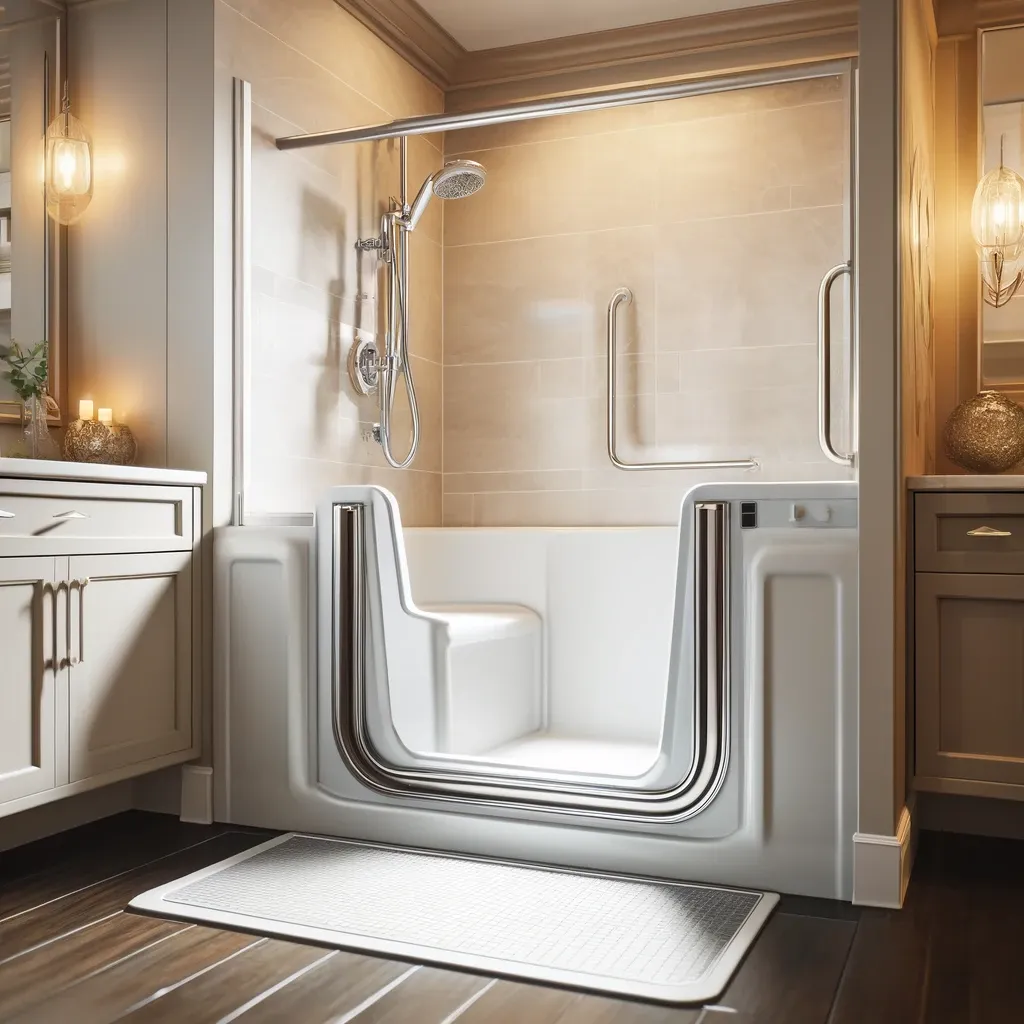
Furthermore, walk-in tubs are available to people with limited strength or dexterity due to its user-friendly controls and easily accessible amenities, guaranteeing that everyone may have a comfortable bathing experience. With a walk-in tub, people are able to take charge of their own bathing experience, which boosts their confidence and sense of independence. In general, walk-in tubs give their users more independence and freedom while still providing a safe and comfortable place to soak and reap the therapeutic advantages of water.
Drawbacks of Walk-In Tubs
Once again, while walk-in tubs offer numerous benefits for individuals with mobility issues, there are some drawbacks to consider before making a purchase. In this chapter, we will discuss some of the common concerns associated with walk-in tubs.
Installation Concerns
One of the primary drawbacks of walk-in tubs is the potential for complicated and costly installations. These tubs often require professional installation, which can add to the overall cost of the tub. Additionally, depending on your bathroom layout and existing plumbing, modifications may need to be made to accommodate the walk-in tub, further increasing the installation time and cost.
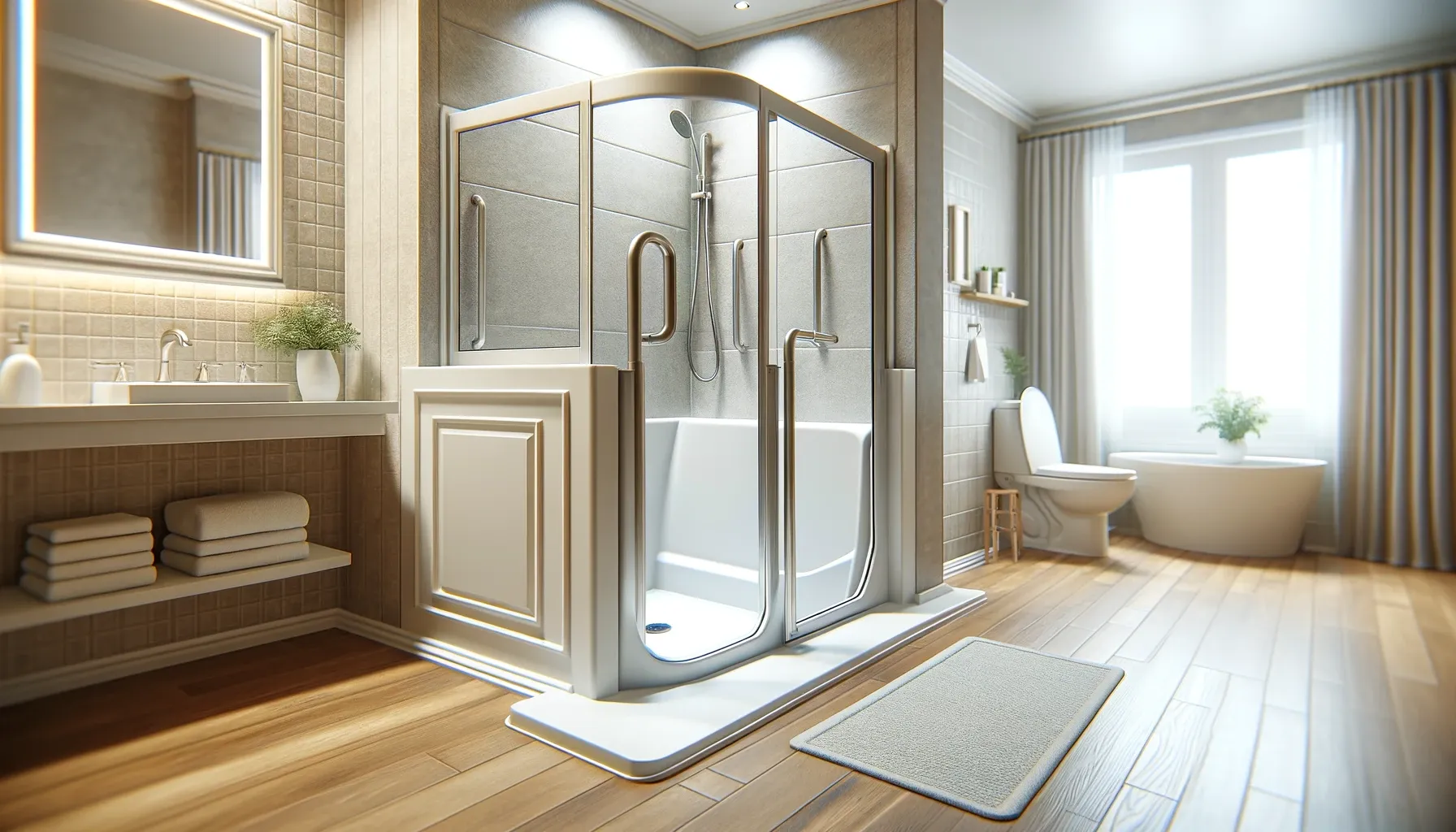 Another concern with installation is that it may require the removal of your existing bathtub or shower, which could be a downside if you prefer having the option of both a tub and a shower in your bathroom. It’s crucial to carefully consider the installation process and any necessary modifications before committing to a walk-in tub. Furthermore, the installation of a walk-in tub could potentially disrupt your daily routine, especially if it takes longer than expected or if there are unexpected complications during the installation process.
Another concern with installation is that it may require the removal of your existing bathtub or shower, which could be a downside if you prefer having the option of both a tub and a shower in your bathroom. It’s crucial to carefully consider the installation process and any necessary modifications before committing to a walk-in tub. Furthermore, the installation of a walk-in tub could potentially disrupt your daily routine, especially if it takes longer than expected or if there are unexpected complications during the installation process.
Water Usage and Heating
Tubs walk-in tubs are typically deeper than standard bathtubs, which means they require more water to fill. This increased water usage can lead to higher utility bills, as well as the added cost of heating the additional water. Additionally, the process of filling and draining a walk-in tub can take longer due to the larger volume of water needed, which may not be ideal for those with limited time or patience.
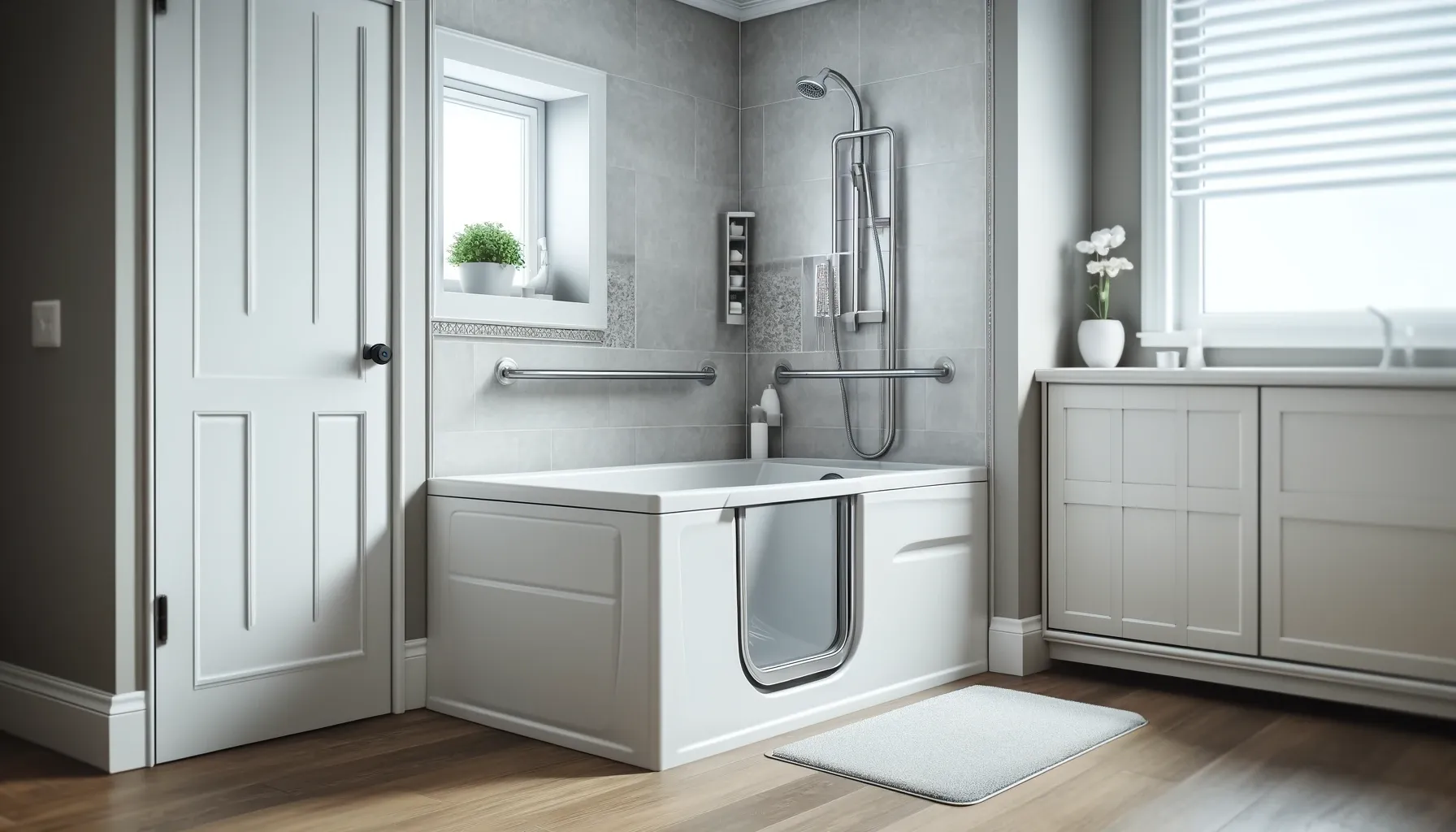
One way to mitigate the impact of increased water usage is to install a walk-in tub with a fast fill and drain feature, which can help reduce the overall time and energy required to use the tub. However, these features may come at an additional cost, so it’s crucial to weigh the benefits against the potential drawbacks.
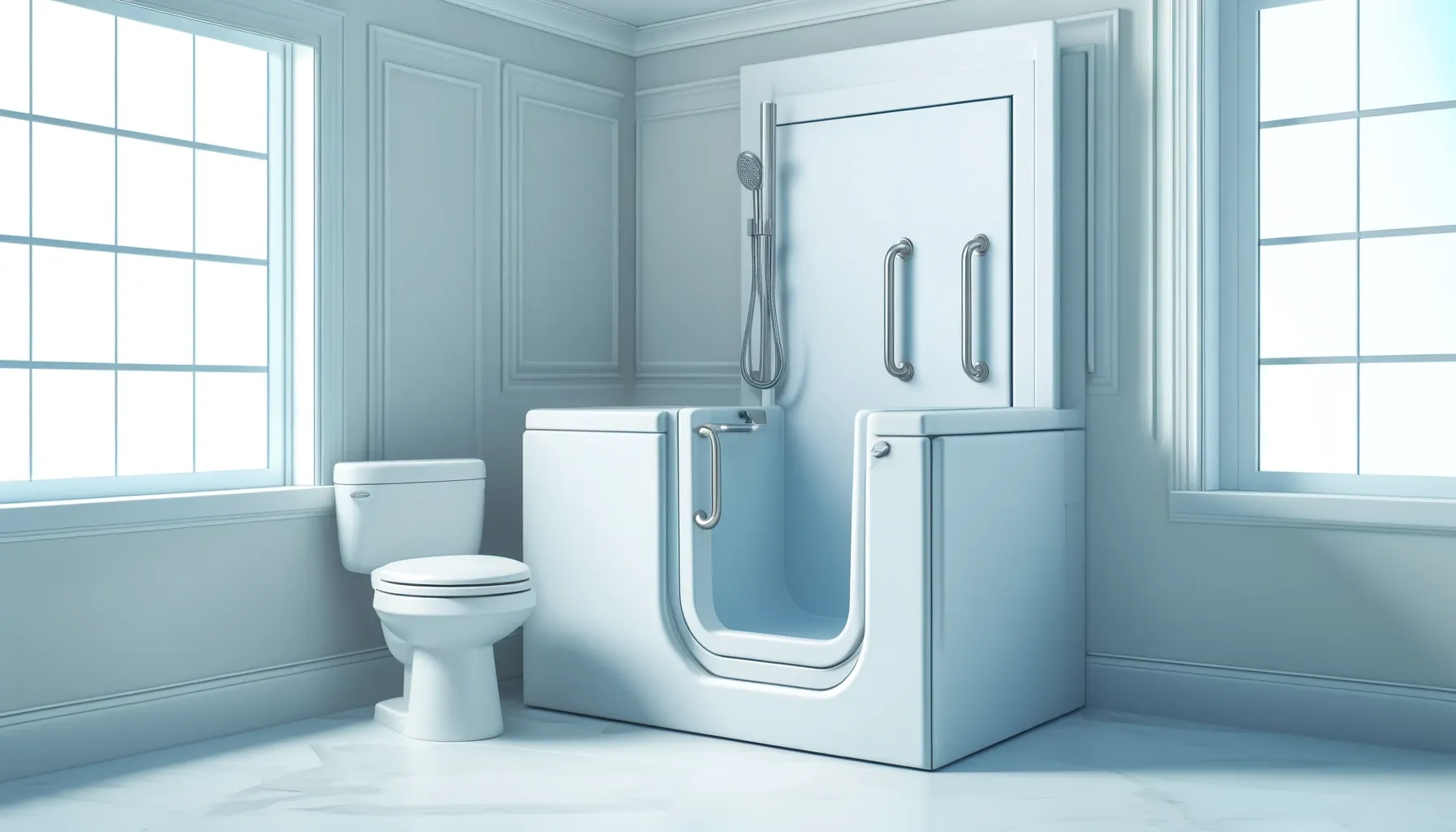
Furthermore, the water temperature in a walk-in tub may decrease more quickly than in a standard bathtub due to the larger surface area exposed to the air. This means that you may need to use more hot water to maintain a comfortable temperature throughout your bath, further increasing your water heating costs.
Slower Drainage Issues
Installation of a walk-in tub may lead to slower drainage issues due to the tub’s design. The intricate drainage system of these tubs can sometimes be prone to clogging or slow draining, which can be frustrating and inconvenient for the user. It’s crucial to ensure that the drainage system is properly maintained to prevent any potential issues.
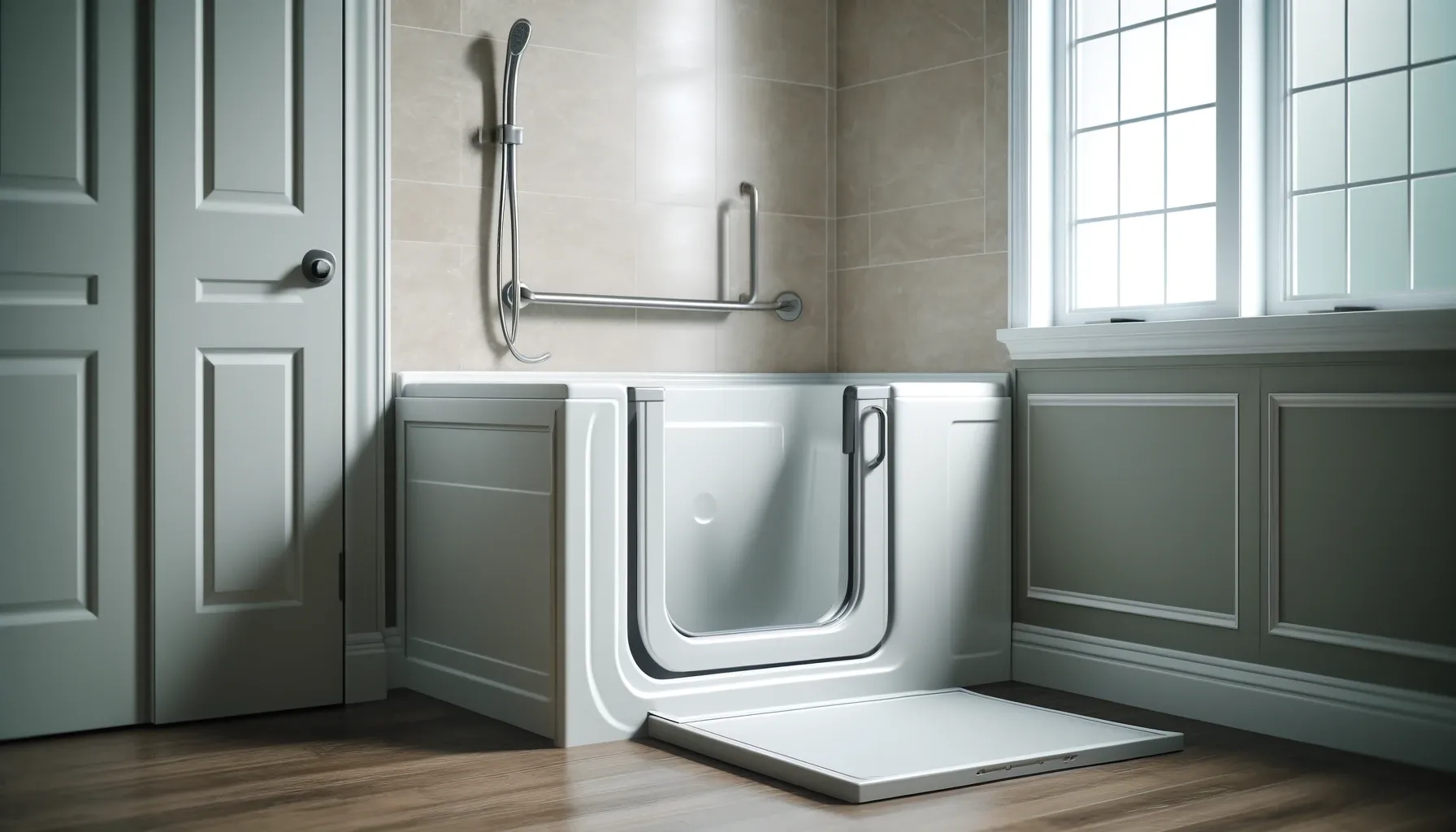
Heating. If you encounter drainage problems, it may be necessary to contact a professional to address the issue, which could result in additional maintenance costs. Additionally, slower drainage can lead to standing water in the tub, which poses a slipping hazard and can compromise the user’s safety. One way to mitigate drainage issues is to regularly clean and inspect the drainage system to ensure it is functioning correctly. Additionally, avoiding the use of bath oils or excessive soap can help prevent clogs and keep the drainage system running smoothly.
Cost Factors
Water usage and heating are significant factors to consider when evaluating the overall cost of owning a walk-in tub. The increased water usage and heating requirements of these tubs can contribute to higher monthly utility bills, which may impact your budget in the long run. Additionally, the initial cost of purchasing and installing a walk-in tub can be substantial, especially if modifications to your bathroom are needed.
Resale Value Considerations
Plumbing. Walk-in tubs may not always add to the resale value of your home, as they cater to a specific demographic of buyers. While some individuals may see the value in having a walk-in tub, others may view it as a costly and unnecessary modification. It’s crucial to consider the potential impact on your home’s resale value before investing in a walk-in tub.
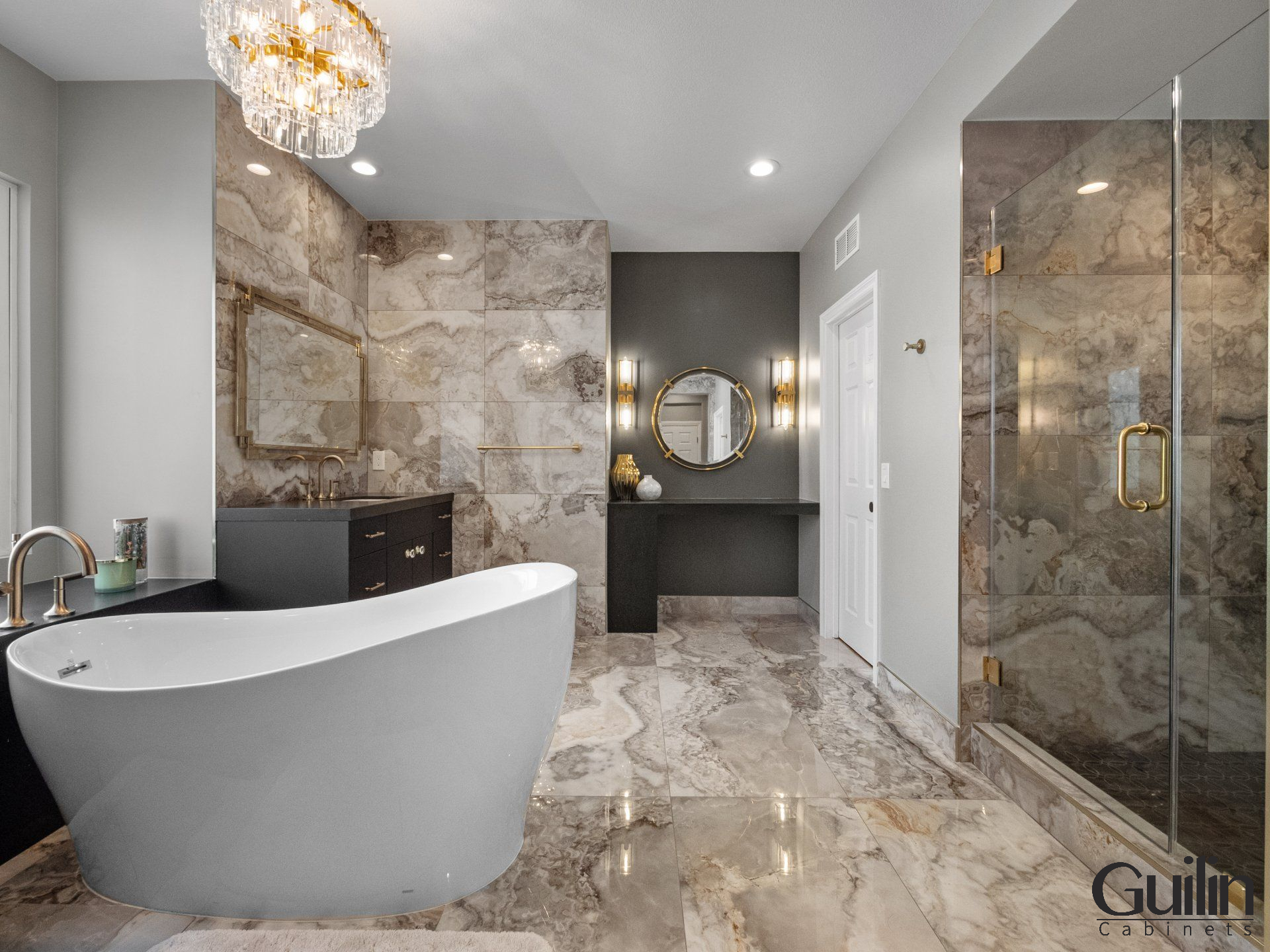
Challenges. Additionally, the installation of a walk-in tub may pose challenges when it comes time to sell your home. Some buyers may be deterred by the presence of a walk-in tub, especially if it means they would need to remove it and restore the space to its original state. This can limit your pool of potential buyers and prolong the selling process.
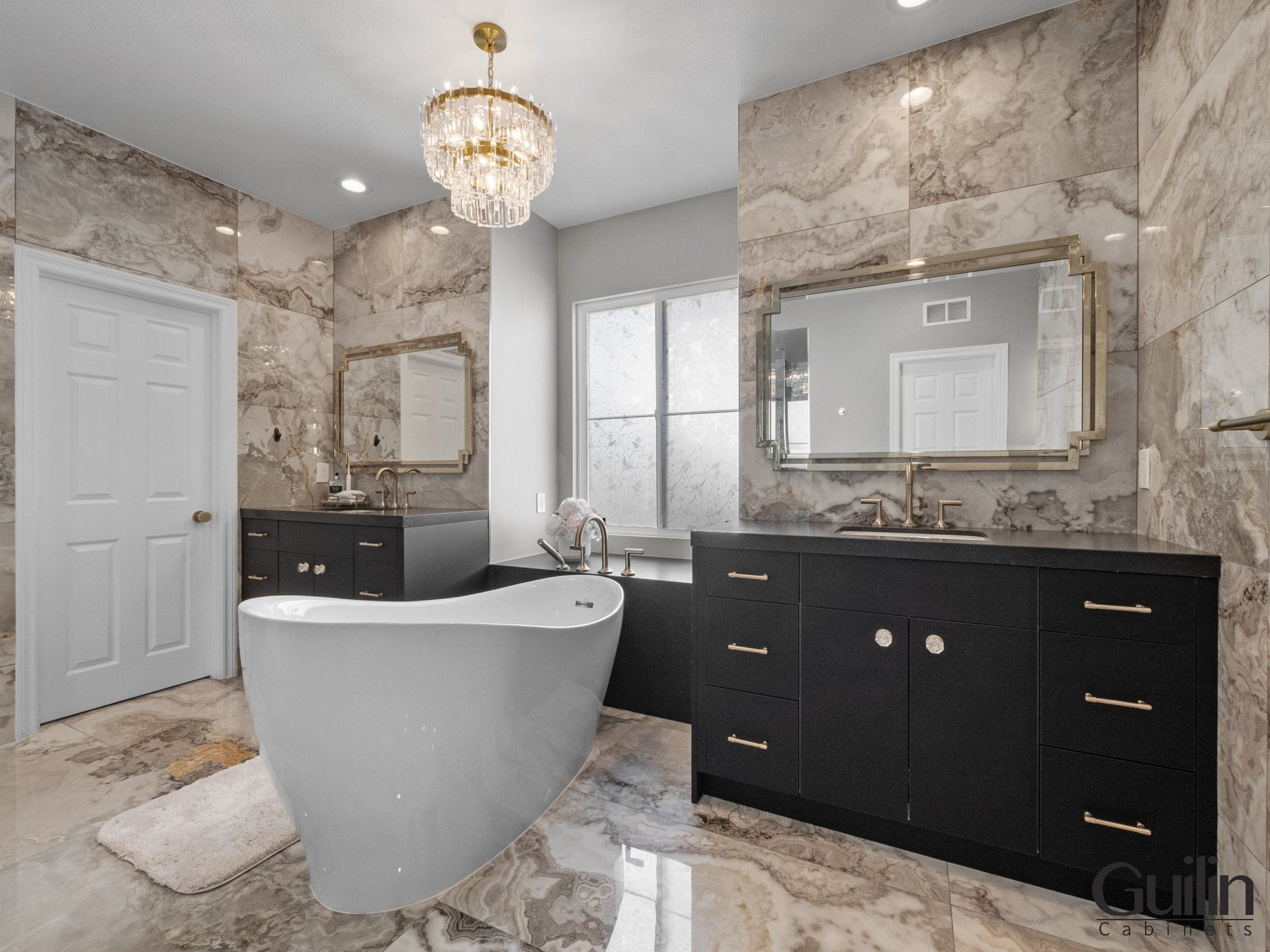
One way to address these concerns is to highlight the benefits of the walk-in tub, such as improved safety and accessibility, to potential buyers. By framing the tub as a valuable feature rather than a hindrance, you may be able to attract buyers who appreciate the convenience and comfort it provides.
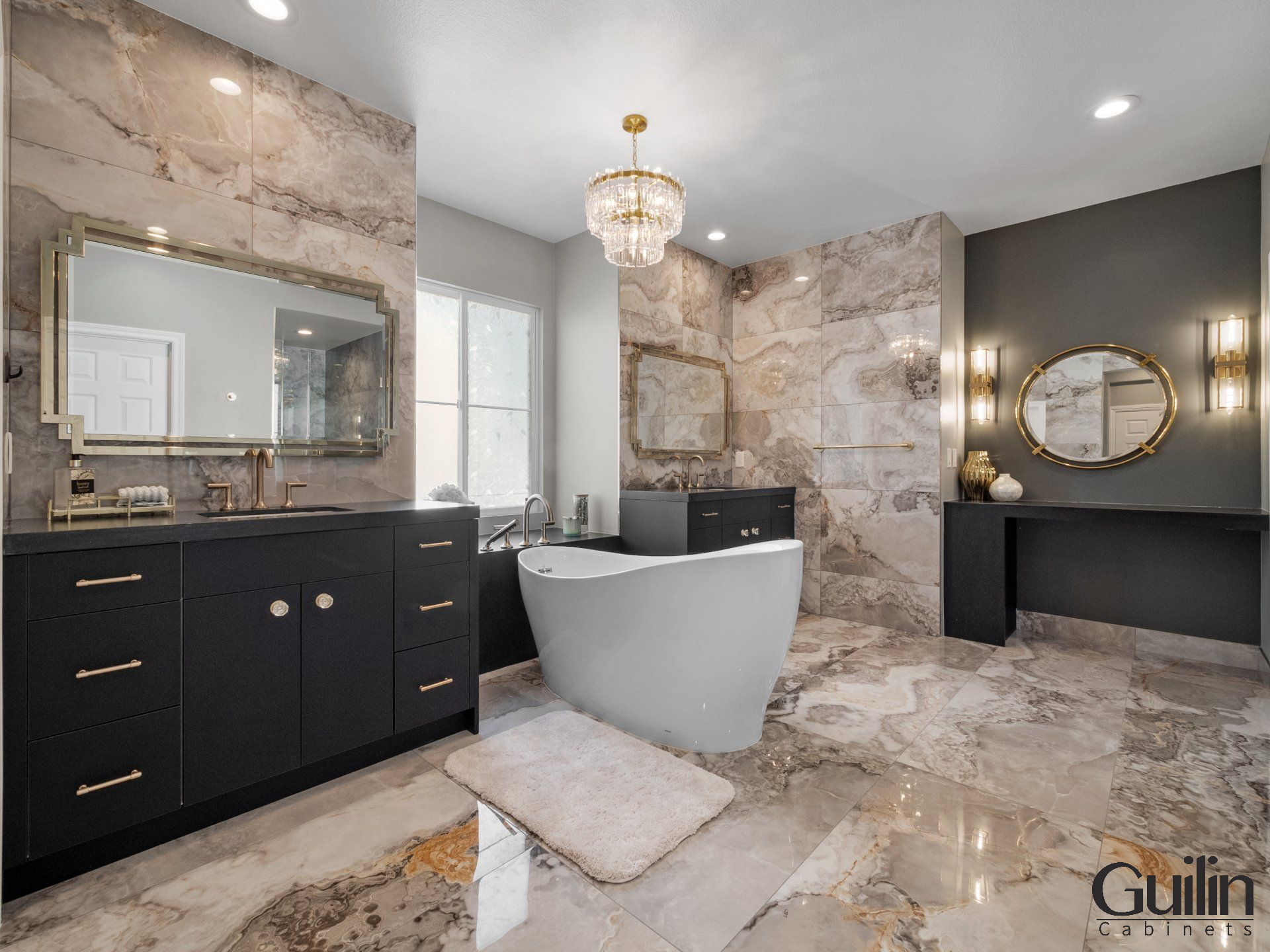
To Wrap Up / Final Words
Presently, walk-in tubs offer a secure and comfortable bathing option, especially for those with limited mobility. The safety features, such as built-in handrails and non-slip floors, provide peace of mind for homeowners and caregivers alike. Additionally, the hydrotherapy jets can offer therapeutic benefits to users, promoting relaxation and relief from aches and pains. These tubs can be a valuable investment for individuals looking to maintain their independence and enhance their quality of life.
